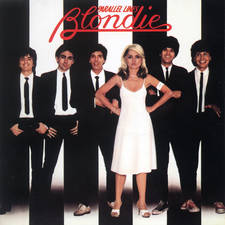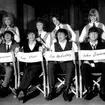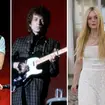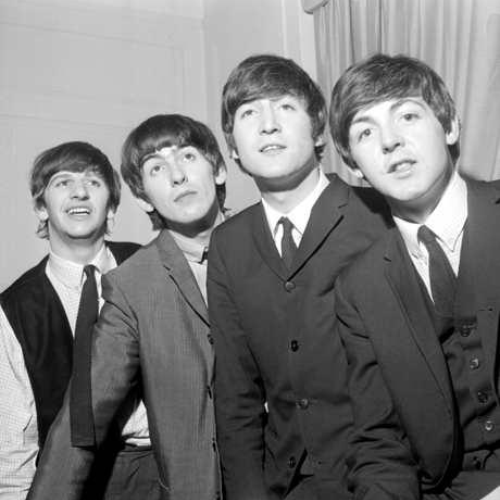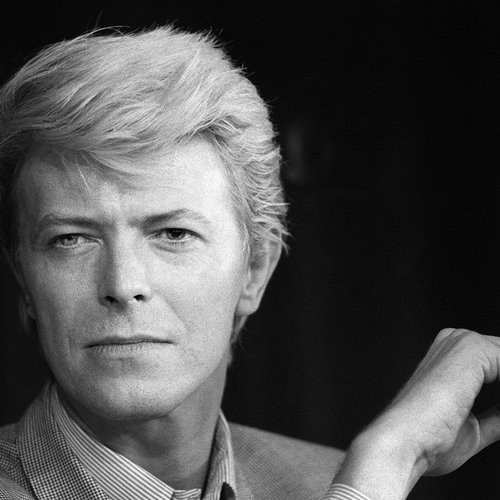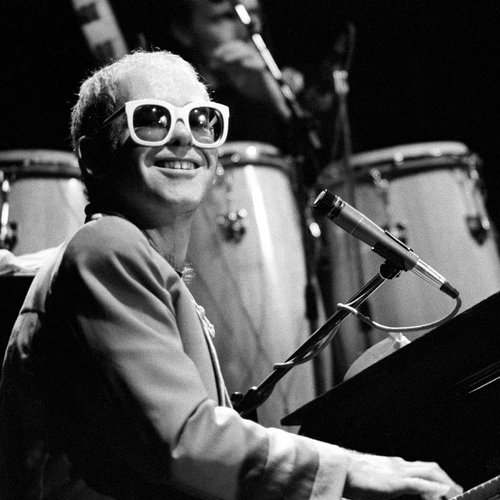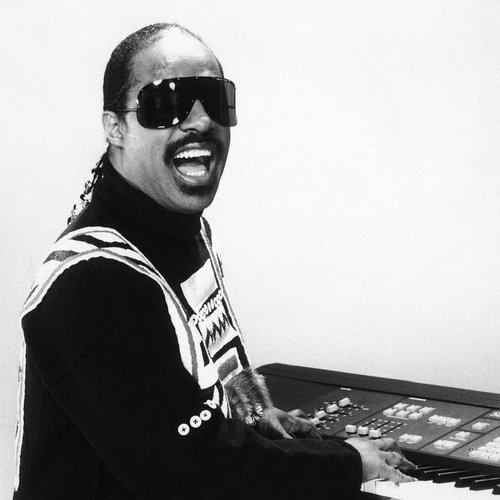The inside story of why The Beatles really broke up
11 October 2021, 10:27 | Updated: 6 October 2023, 10:45
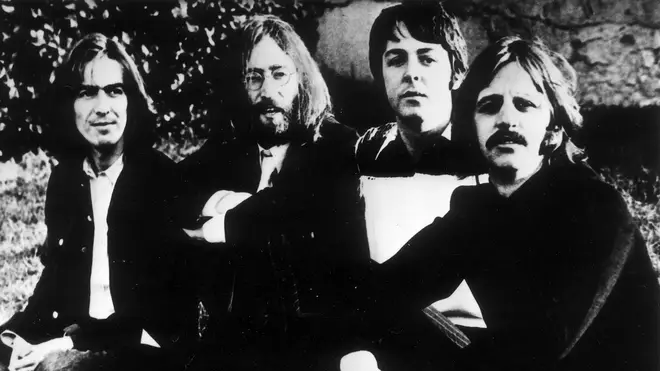
The break-up of the biggest band the world had ever seen came as a shock to their millions of fans.
When Paul McCartney gave an interview in 1970 essentially saying The Beatles were over, he blindsided George Harrison and Ringo Starr - and incensed his songwriting partner, John Lennon.
The announcement came after years of in-fighting, jealousies and behind-the-scenes tensions between the Fab Four since their rise to superstardom in 1962 and would commence the beginning of the end for the world famous band.
The turning point for The Beatles came in 1966, when after years of touring the world with their music, an exhausted George, John and Ringo persuaded "workaholic" Paul that they should no longer perform live.
- The Beatles vs The Rolling Stones – in their own words
- The Beatles 'sang rude lyrics' during their gigs - find out how they got away with it
- The story of The Beatles' last ever concert: The full setlist, attendance and ticket prices revealed
For three months after the decision, the band went their separate ways for some much needed rest and relaxation, but John Lennon was anxious about the time off and instead of spending time with friends and family, he went to Spain to shoot a movie.
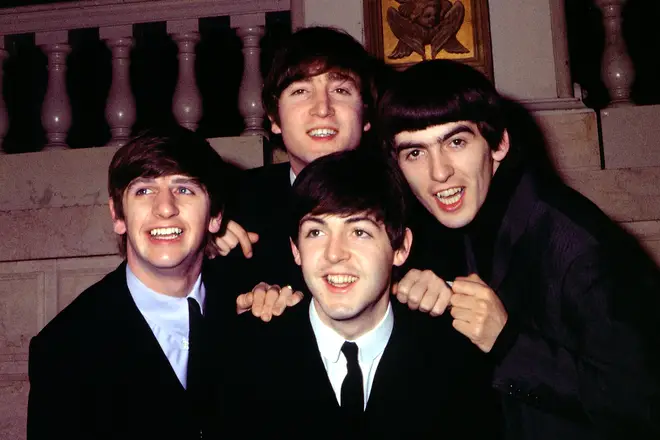

Paul McCartney says that John Lennon only paid him a compliment once
"I was always waiting for a reason to get out of The Beatles from the day I made [the film] How I Won the War in 1966," he said in an anthology released after his death in 1998. "I just didn’t have the guts to do it, you see. Because I didn’t know where to go. I remember why I made the movie. I did it because The Beatles had stopped touring and I didn’t know what to do.
“I was thinking, ‘Well, this is the end, really. There’s no more touring. That means there’s going to be a blank space in the future…’ That’s when I really started considering life without the Beatles – what would it be? And that’s when the seed was planted that I had to somehow get out of [the Beatles] without being thrown out by the others."
The band reassembled to create the seminal album Sgt. Pepper’s Lonely Hearts Club Band in 1967, but while it was Lennon who was behind the album's most famous song 'A Day In The Life', he was battling with his own inner turmoil.
The singer was unhappy in both his work and personal life - he felt trapped and unfulfilled in his marriage to first wife Cynthia Powell - leading him to turn inwards and experiment with the mood-changing potent drug, LSD.
George Harrison later said: “In a way, like psychiatry, acid could undo a lot – it was so powerful you could just see. But I think we didn’t really realise the extent to which John was screwed up."
The band's next piece of bad news came just weeks later. On August 27, 1966, The Beatles' manager Brian Epstein, was found dead at his London home after an accidental drug overdose.
- The Beatles' Abbey Road iconic album cover: A brief history
- Paul McCartney recalls meeting Elvis Presley with the Beatles: One of the "coolest" people ever
- 'Eleanor Rigby' by The Beatles: The making of the dark pop classic
The manager's grounding and protective nature had been a guiding and balancing force for the band, leading John to predict it was another nail in the coffin for The Beatles. “I knew that we were in trouble then," he later said of Brian's death.
“I didn’t really have any misconceptions about our ability to do anything other than play music, and I was scared. I thought, ‘We’ve fuckin’ had it.'”
John Lennon, it seemed, was willing to keep trying and throughout the rest of 1967 it was Paul McCartney who battled on, driving the band forward with new ideas.
The Beatles released the critically-panned musical film Magical Mystery Tour on boxing day 1967 and in February 1968 George Harrison persuaded all four to travel to Northern India in a bid to study Transcendental Meditation at an ashram near Rishikesh.
The retreat wasn't a success. George was irritated that Lennon and McCartney were using it as an excuse to write music and Ringo Starr and his wife left after just two weeks.
John eventually followed when he realised he wasn't finding the answer to his problems and returned to the London, where he later said: "Although … I was meditating about eight hours a day ... I was writing the most miserable songs on Earth.”
It was upon his return to the UK that John made a big decision and one which has been often blamed for the breakup of The Beatles.
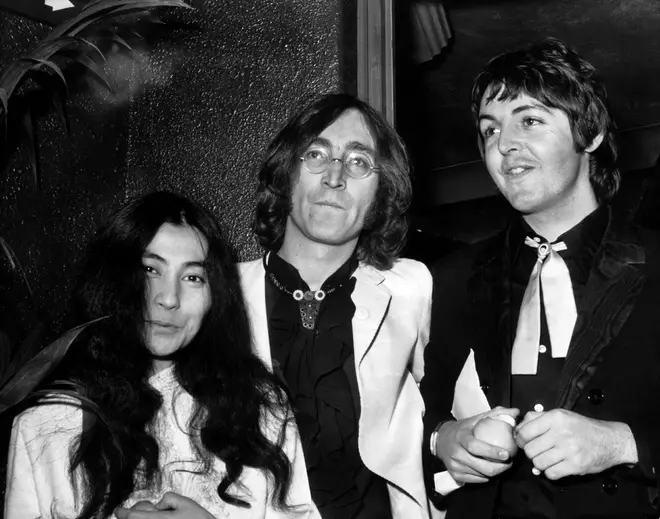

The Beatles - Hey Jude
Lennon left wife Cynthia and started a relationship with Yoko Ono, a Japanese artist and musician he had met in November 1966, and whose relationship with John was met with derision and racist slurs.
In public, Yoko was called abusive names such as “Jap,” “Chink” and "Yellow" and at times John Lennon had to protect her from physical harm, something that caused him immense anger and frustration, but it was her invitation into the recording studio by John that started to get on the nerves up of the rest of the band.
“He wanted me to be part of the group,” Yoko later said. “He created the group, so he thought the others should accept that," adding: "I didn’t particularly want to be part of them.”
John felt inspired by his new relationship with Yoko Ono and as the band were working on The White Album in 1968, he wrote some of his arguably best songs including 'Dear Prudence,' 'Julia,' 'Happiness Is a Warm Gun' and 'Revolution'.
“I think by 1968 we were all a bit exhausted, spiritually," Paul McCartney later said. "We’d been The Beatles, which was marvellous. We’d tried for it not to go to our heads and we were doing quite well - we weren’t getting too spaced out or big-headed - but I think generally there was a feeling of: ‘Yeah, well, it’s great to be famous, it’s great to be rich - but what’s it all for?'”
However, inspired by an appearance singing 'Hey Jude' on TV in September 1968, The Beatles started to hunger once more for a live audience and settled on a gig at the Camden Roundhouse, with the rehearsal sessions being shot at Twickenham Film Studios for the documentary that would become the film Let It Be.
It was January 1969 and tensions within the band were starting to boil over. George Harrison felt there were times Yoko Ono's opinions regarding band matters were considered more important than his and on January 10 George and John had a fight which reportedly came to blows.
After the argument, filmmaker Michael Lindsay-Hogg caught the moment George 'quit' The Beatles on film and in the documentary Let It Be, Harrison can be seen packing up his guitar, saying: “I’m out of here. Put an ad in [the papers] and get a few people in. See you ’round the clubs."
Paul and Ringo are seen looking shocked, while John Lennon it seems is unbothered, launching into a mocking solo rendition of The Who's 'A Quick One, While He’s Away.'
On the Get Back film by Peter Jackson for his three-part documentary, Lennon tells Paul and Ringo: “If George doesn’t come back by [next week] we ask Eric Clapton to play.”
Two days later, on January 12, the four Beatles met to call a truce, and while they all agreed on no more live shows or filming, the matter of Yoko and John's relationship was still causing tensions in the band.
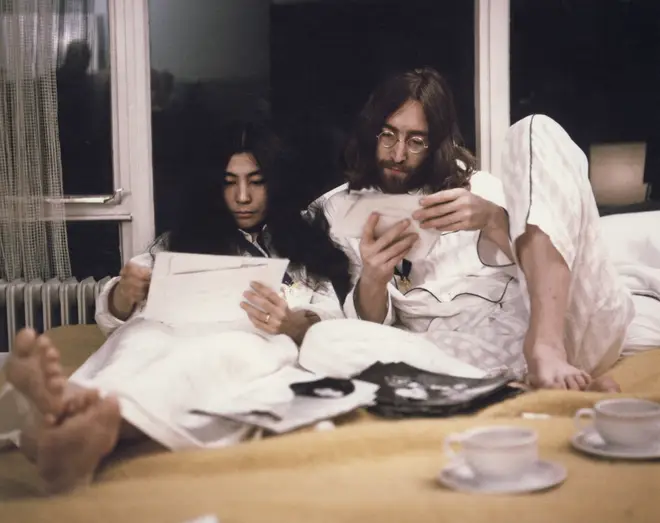

The Beatles - Paperback Writer
“Yoko only wants to be accepted,” Lennon said. “She wants to be one of us.” Causing Ringo to reply, “She’s not a Beatle, John, and she never will be,” But John wouldn't budge. “Yoko is part of me now. We’re John and Yoko, we’re together.”
From these insights, it's not surprising that history has come to blame Yoko Ono for The Beatles' demise, but in the years that have followed, Paul McCartney has been adamant in her defense.
“She certainly didn’t break the group up. I don’t think you can blame her for anything,” Paul said in an interview on TV channel Al Jazeera in November 2013, adding that John was already “definitely going to leave.”
“When Yoko came along, part of her attraction was her avant garde side, her view of things,” he continued. “She showed him another way to be, which was very attractive to him. So it was time for John to leave.”
Back in 1969 and matters between The Beatles continued to escalate. After the band's reluctant last performance on the roof of Apple Records' Saville Row headquarters on January 29 - arranged last minute so there was an ending to the Let It Be documentary - it was financial issues within The Beatles that started to come to ahead.
- Sgt Pepper's Lonely Heart’s Club Band: Who's who on The Beatles' iconic album cover explained
- These isolated a cappella vocals from the Beatles on 'Yesterday' and 'Penny Lane' are spine-tingling
- The Beatles' 20 greatest songs ever, ranked
The four band members rarely had to worry about money, they spent whatever they wanted and Apple Records picked up the bill, but after an accountant quit the label and left a note saying: "Your personal finances are in a mess," John and Paul realised it was time to replace the late Brian Epstein and find a new manager.
The decision on who to hire became the beginning of the end for the band.
Paul McCartney wanted fiance Linda Eastman's father Lee and his brother John, New York lawyers specialising in artist representation, to manage The Beatles but George, Ringo and John didn't want to give Paul even more power over the group's decisions.
A tenacious New York accountant called Keith Allen had been looking for a way to manage The Beatles' success for years. The ex-business manager of the Rolling Stones had a reputation for questionable ethics - Brian Epstein had once refused to even meet with him - and wangled a meeting with John and Yoko where he charmed and flattered them, lauding their individual artistic and musical abilities.
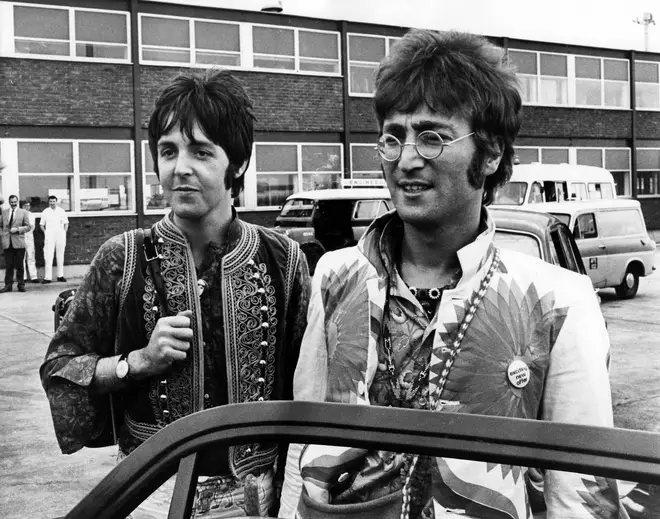

Yesterday (With Spoken Word Intro / Live From Studio 50, New York City / 1965)
John was convinced and signed a letter of consent before checking with his bandmates, who were informed the day after.
“I don’t give a bugger who anybody else wants,” Lennon said at the time. “But I’m having Allen Klein for me.” Paul was furious but it was to no avail: to keep the peace George and Ringo had also sided with John.
At a recording session on May 9, 1969, the three Beatles tried to get Paul to sign a three-year agreement management deal with Keith Allen. He initially refused, causing a lot of shouting among the group, and eventually gave in to the deal without actually signing the document, in what would turn out to be a brilliant move.
By not signing, McCartney would later convince a judge that he was not under contract to remain with The Beatles and had no ties to Allen Klein.
In July 1969, The Beatles convened to record their last album, and amongst squabbles and tension, the band still managed to do what they did best; create beautiful music. 'Something' and 'Here Comes The Sun' became two prominent hits from what would become the album Abbey Road.
Despite the beauty of the album, Paul Mccartney later said it was at a time that he was grieving the end of The Beatles. In Paul McCartney: Many Years From Now, McCartney said, “I’m generally quite upbeat but at certain times things get to me so much that I just can’t be upbeat anymore and that was one of the times …"
In 1970, Paul argued with the rest of the band who tried to push his solo album back to make room for the release of Let It Be. Ringo arrived at Paul's house to deliver the news and they had an uncharacteristic argument, causing Starr to be thrown out of the house. The band relented and Paul released his album, but they resented him for it.
What followed was an album press release in which Paul announced the end of The Beatles as the world knew them.
“Are you planning a new album or single with The Beatles?" The press release asked.
“No,” came his answer.
“Do you foresee a time when Lennon-McCartney becomes an active songwriting partnership again?”
“No.” Paul said.
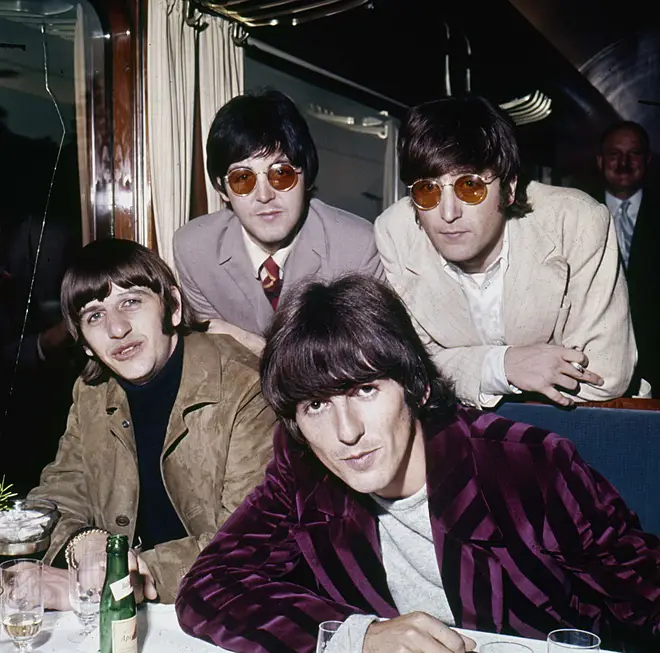

The Beatles - Here Comes The Sun (2019 Mix)
On April 10, 1970 the Daily Mirror ran the headline “Paul Quits The Beatles” and the world exploded. Fans descended on Apple Records headquarters and news stations from Australia to the U.S. covered the story.
John was furious, his pride hurt that McCartney had beaten him to the punch. “I started the band, I disbanded it. It’s as simple as that,” he said.
George Harrison refused to comment and Ringo Starr said: “This is all news to me." The reality is that the band were angry that Paul seemed to have used the break-up - that they all knew at this point was inevitable - as a way to promote his new album.
In a 2021 interview with the BBC, McCartney again underlined that it was Lennon's decision to split up the band, and he just happened to be the one who made it public.
"I didn't instigate the split. That was our Johnny," he said "I am not the person who instigated the split.
"John walked into a room one day and said I am leaving the Beatles. And he said, 'It's quite thrilling, it's rather like a divorce.' And then we were left to pick up the pieces."
He added that the band "could have" continued had Lennon not walked out, saying the break-up was "the most difficult period of my life".
"This was my band, this was my job, this was my life," he said. "I wanted it to continue. I thought we were doing some pretty good stuff – Abbey Road, Let It Be, not bad – and I thought we could continue."
Paul later said he never meant for the wording of the press release to imply The Beatles were over and said he was "devastated" by what happened.
However it had come about, Paul still wanted out of the band and was determined Allen Klein wouldn't have any share of his music profits, but he was contractually still signed to Apple. He begged John and Allen to be let out of his contract but to no avail, so on December 31 McCartney sued to dissolve The Beatles.
His three bandmates protested but a judge ruled in Paul's favour and the separation began to be worked out. The band had grown tired of Allen Klein's antics and the manager's contract wasn't renewed in 1973. George, John and Ringo would eventually go on to sue him and he was also sentenced to two months in a U.S. prison for fraud relating to a different matter.
When the lawsuits with Klein were over, George wanted to reunite and reform The Beatles, but when the day came to gather to sign the deal, John Lennon didn't show up.
The Beatles were finally over, and while John and Paul once played a few songs together in a friend's recording studio in L.A. in 1974, the songwriting team never collaborated again.
Lennon later admitted he was jealous of Paul's ability to produce such a huge amount of material, an issue which may have been an underlying problem throughout the band's career: “[Paul would] already have five or six songs, so I’d think, ‘F*ck it, I can’t keep up with that.’ So I didn’t bother."
So for a period if you didn’t invite me to be on an album personally, if [the three other Beatles] didn’t say, ‘Write some more songs ’cause we like your work,’ I wasn’t going to fight.”
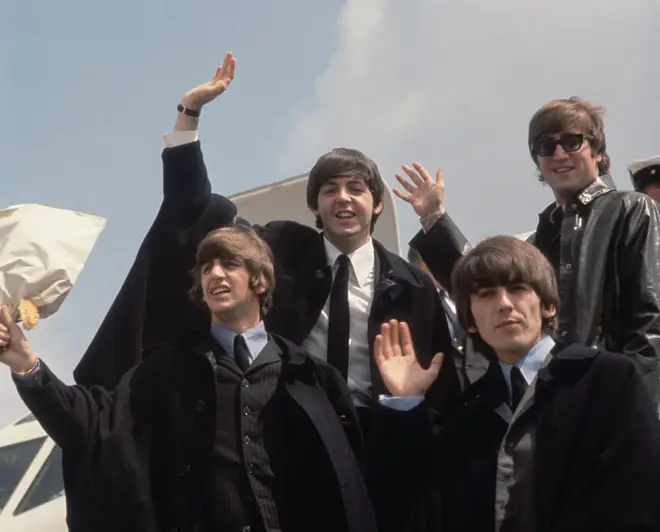
“John was just tired of the band’s unhealthy rivalry and wanted to go his own way," says Suzannah Galland, family friend of Lennon and Ono.
"Yoko’s source of inspiration gave him the courage to face change," adding “This is how we cherish and remember John Lennon, the great legend.”
After John Lennon was shot and killed outside his New York apartment on December 8, 1980 and George Harrison died of lung cancer in 2001, the fab four became two and the Beatles were split up forever.
With Paul McCartney going on to become one the most successful singers in the world (he has a reported net worth of £1.2 billion) and Ringo Starr living a peaceful life split between the UK and the L.A. - the days of the Beatles are behind both of them.
“It was all such a long time ago,” George Harrison said a few years before his death. “Sometimes I ask myself if I was really there or whether it was all a dream."
